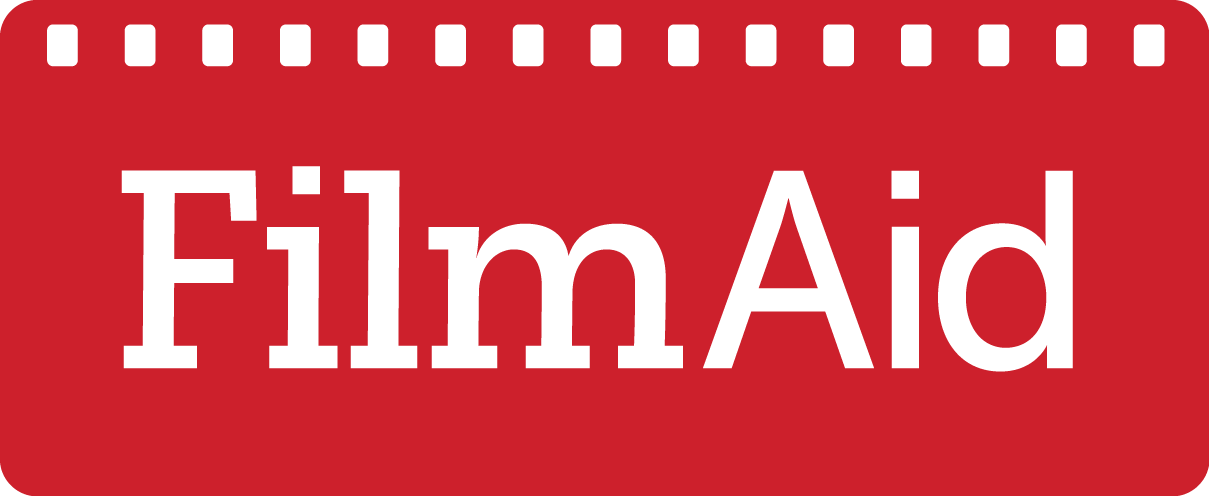My Start Project - Kakuma Refugee Camp, Kenya
AFRICA
My Start is a collaborative, creative Arts project working with Film Aid International. Since August 2012 My Start has run a series of Art, photography and film workshops in refugee camps each summer. These workshops encourage young refugees to share their experiences through the arts. The workshops teach practical skills, encourage creative expression and bring together the various ethnic and tribal refugee and host communities to work in a fun and dynamic way.
Kakuma workshop
Kakuma workshop
United Kingdom
The art work produced at the camp is then exhibited in London schools. It acts as a powerful, visual resource that can be used across the curriculum to support learning on global issues. Issues such as conflict and conflict resolution, displacement and migration as well as promoting peace, tolerance and empathy. The exhibition encourages British students to share and discuss their own views on immigration, forced migration and refugees and challenges misconceptions and existing perspectives.
“The student response was fantastic and thoroughly engaging”
London workshop
The British schools are encouraged to create response work including their own visual diaries and messages for the refugees at Kakuma. This work is then taken back and exhibited at the camp the following summer. My Start is an inspiring project that brings local and international communities together through the arts.
Creating the Mural - Kakuma Refugee Camp
If you would like to support the work of My Start and their projects with FilmAid International then please contact Tania and Amy or visit My Start's Facebook page.
tania@emmanueljal.com; campbellgoldingamy@googlemail.com











